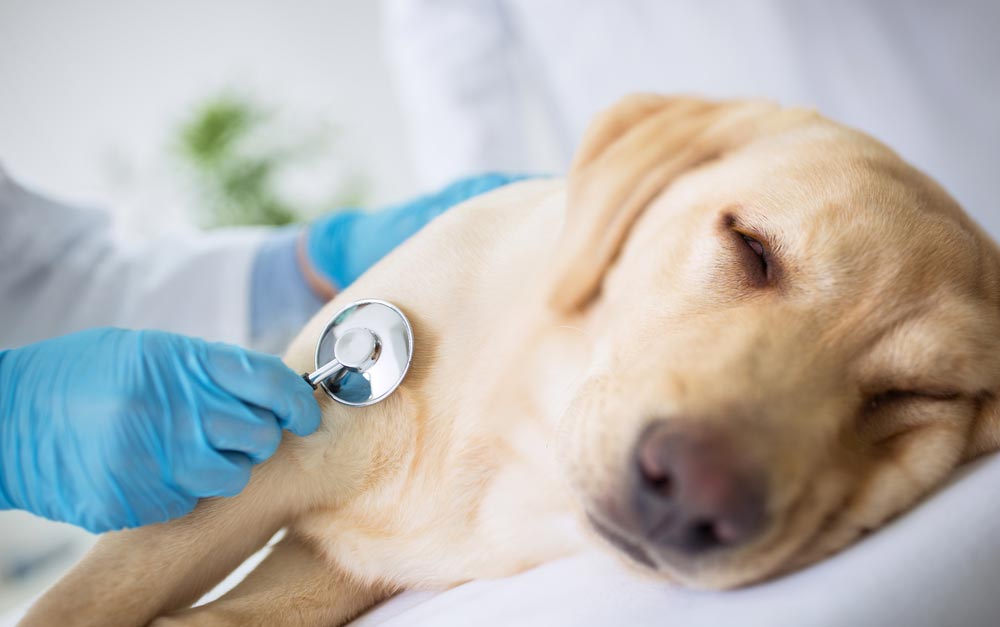Canine distemper is a serious, potentially life-threatening virus that affects millions of dogs around the world every year. While it’s preventable with a vaccine, it’s important to know what you’re up against so you can protect your doggo.
If you’re a responsible pup parent and want to safeguard against distemper, read on to find out what every dog owner should know about canine distemper.

What It Is
Canine distemper is a contagious viral disease that affects multiple organs including the gastrointestinal tract, respiratory system, brain and spinal cord. It’s also known as “hardpad” because one symptom of the virus is thickening of the paw pads caused by inflammation.
It can be spread through contact with any infected animal or contaminated objects such as food bowls and toys. The virus can survive in the environment for long periods of time so all surfaces should be thoroughly disinfected if an infected animal has been present.
Symptoms
Noticeably distressing symptoms such as inflammation of the paw pads will often cause owners to seek immediate treatment, however, catching the virus early can minimise the risk of death. That’s why it’s best to watch out for the first signs of canine distemper such as:
- Fever
- Coughing
- Nasal discharge
- Vomiting
- Diarrhea
- Depression several days later
Other, later symptoms include:
- Seizures
- Partial paralysis
- Thickening of paws & nose pad (the “hardpad” symptom)
- Weight loss
- Eye discharge
- Skin lesions on feet or muzzle
- Sensitivity to light
- Sudden aggression
If left untreated, canine distemper can lead to death in as little as three weeks after the initial infection. If you’re concerned your dog may have some of the above symptoms, seek advice from your local vet.
Can Dogs Recover From Canine Distemper?
In some cases—if caught early enough—canines may recover from canine distemper with proper medical treatment; however, recovery times vary depending on breed and severity of infection. Recovery time can range from two weeks to several months in severe cases.
Treatment typically includes supportive care such as:
- Nutritional support & fluids
- Antibiotics to treat secondary infections caused by bacteria
- Antiviral medications if necessary
Puppies under four months old are particularly at risk, so it’s important to discuss additional treatments with your vet if canine distemper has been diagnosed.
Protect Your Pup
The best way to protect your dog from canine distemper is vaccination. Most puppies receive their first dose between six and eight weeks old with additional booster shots being given every three to four weeks until they reach 16 weeks old, at which point annual booster shots are recommended for continued protection against infection.
In addition, you should keep your pet away from other animals who may be infected or have been exposed to the virus in order to minimise their risk of contracting it.
Staying Healthy
Regular visits with Blue & White Veterinary Clinic will also help ensure your pup stays healthy. We can monitor their overall health as well as administer any additional vaccines needed throughout the year if necessary.
If you’re concerned about the safety of your furry friend, get in touch with us today via our contact form or give us a call at our Coffs Harbour (02) 6651 2477, Woolgoolga (02) 6654 2771 or Nambucca Heads (02) 5522 1030 clinics.
Our knowledgeable staff have years of experience caring for pets in real world situations and we will be happy go over any questions you may have about canine distemper. We care about the health and safety of your pet, and we look forward to helping them live a long and happy life!



